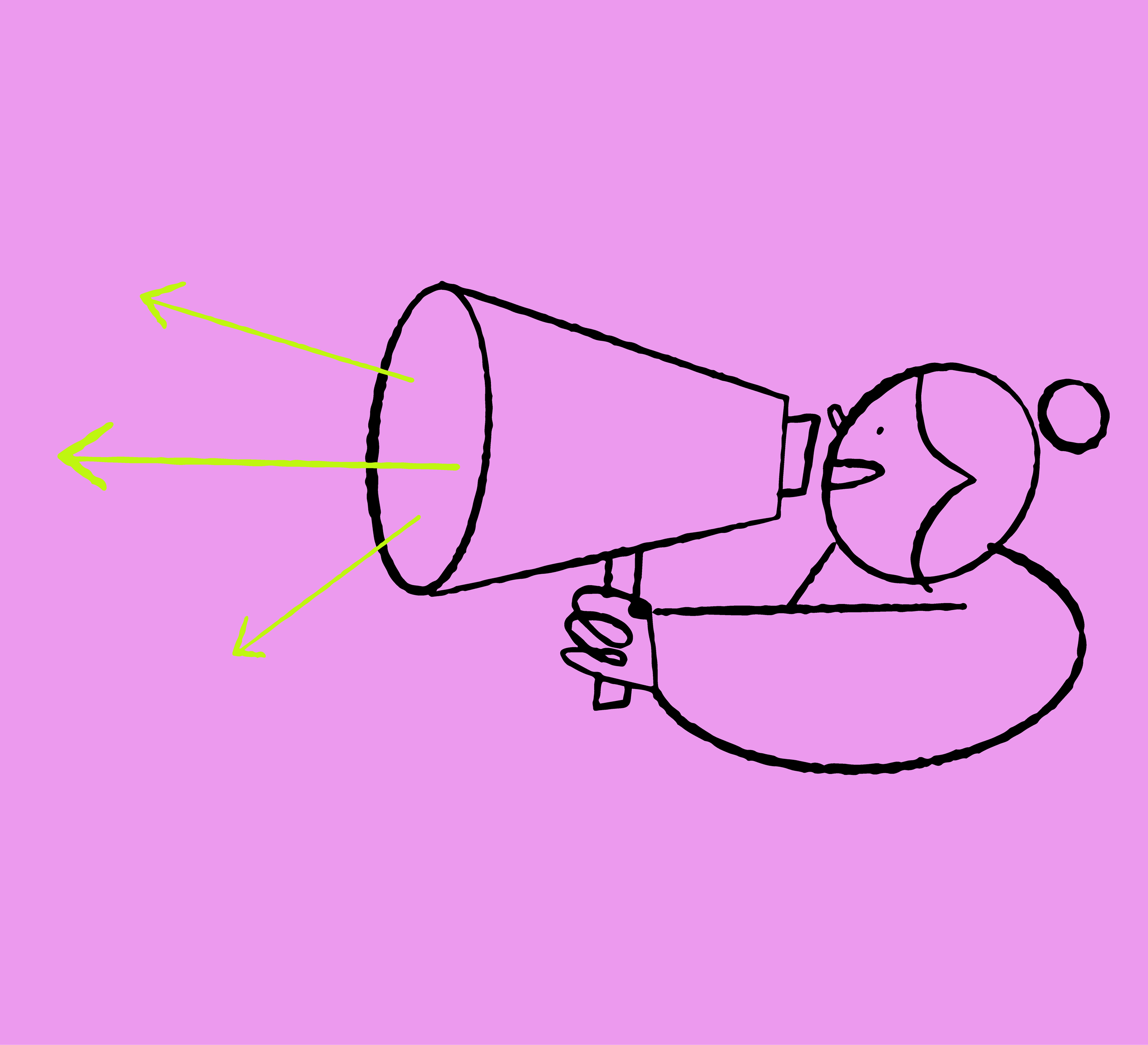For 10 years, Lambeth Early Action Partnership (LEAP) has funded and supported more than 20 local services to meet the needs of families through pregnancy and the early years of childhood with the aim of giving thousands of children aged 0-3 a better start in life. Now, a decade on, Dartington Service Design Lab is proud to present this new report, sharing the findings from a comprehensive evaluation of the programme. This report explores how place-based systems change can improve outcomes for children and families.
Read MoreDartington Service Design Lab partnered with University of Cambridge Centre for Research in Play in Education Development and Learning (PEDAL) to develop new virtual ways to support parents and children to engage in book sharing, which has traditionally been done face-to-face . We are now releasing the final report from this work and sharing our learning for others to put into practice.
Read MoreDartington Service Design Lab has teamed up with UK Youth, a leading youth charity working across the UK with a vision that ‘all young people are equipped to thrive and are empowered to contribute at every stage of their lives’. Together we’re using learning and insight to guide the strategic development of the Thriving Minds Fund over a three-and-a-half-year period.
Read MoreComic Relief’s Rise and Shine programme funds organisations supporting early childhood development for vulnerable families in the UK and globally. Earlier this year, grantees came together for a day of reflection and learning, facilitated by Dartington Service Design Lab, the Learning Partners for the fund.
The goal of the learning event was to create a space where UK Rise and Shine grantees could reflect on what they’ve learnt to date, to inform their planning for the future as the funding programme nears its conclusion.
Read MoreThis year, World Mental Health Day's leading campaign is to ‘make mental health and wellbeing a global priority’. Wellbeing and mental health is a key feature of the work here at the Lab to improve outcomes for children and young people. NHS digital estimate that 1 in 6 young people have a diagnosable mental illness, with many 5 – 16 year olds reporting experiencing low mood, anxiety and eating disorders.
Last year, we joined forces with the Mental Health Foundation, Black Thrive and Colourful Minds on the “Becoming a Man” (BAM) project, a US-born programme developed by Youth Guidance, aimed at exploring and supporting young men to learn and practice impulse control and emotional regulation, among other social skills. Our job as the evaluators is to establish whether and how BAM might be feasible to deliver in Lambeth, South London.
Read MoreFrom training packs for teachers on how to respond to disclosures of abusive relationships, to resources for young people on how to recognise the signs of coercive control, there’s something for everyone to feel better educated on both topics and empowered to take action so that young people and families have their needs met. We’ll be celebrating and sharing the exciting work these young changemakers have been designing – in person – at the #ChangeUp Exhibition in Paisley. This exhibition, open to everyone in Renfrewshire and beyond, is packed with the innovations designed by and for young people and system leaders, to inspire all of us to educate, empower and equalise systems to tackle coercive control and take early action on mental wellbeing.
Read MoreThis blog reflects on parents’ experiences of services during the pandemic and staff’s hopes and concerns for future delivery. We also share how evaluation has helped organisations understand these, and how it can be used to shape delivery in the future.
Read MoreAs we’ve explored and reflected on Learning Partner contracts, we’ve identified three roles that a Learning Partner takes; The mirror, the mentor and the midwife. Each role blends the “learning for” and “learning with” elements that we described previously, and in our experience, Learning Partners need to be confident shifting between the three as learning needs and capacity changes.
Read MoreThis is a blog about anti-racism, and the actions and commitments we are taking at Dartington Service Design Lab to address it.
Read MoreIn our last blog, we looked at the motivations behind Learning Partnerships. In this one we examine some of the conditions we think are necessary for success – building on our experience, and that of our partners at Renaisi, the Paul Hamlyn Foundation, and Esmée Fairbairn Foundation. In particular, we look at taking time to set the project up, develop consensus about aims and being explicit about creating the conditions for learning to happen and be acted upon.
Read MoreIt’s perhaps unsurprising that we have been drawn to the concept of the Learning Partner and all the term suggests; that is, working with organisations to enable learning and improvement, and doing so collaboratively. Having carried out several roles badged in this way, we wanted to reflect, as a team and with peers, on what the role can look like, what skills it requires, and what it can contribute to organisations, and to the sector more broadly.
Read MoreWe talk about evidence a lot at Dartington, and using evidence ‘in new ways’. We try to put this in practical terms without too much jargon, but we know it still sounds pretty abstract. What do we actually mean? Our new report tries to bring it all down to earth.
Read More


